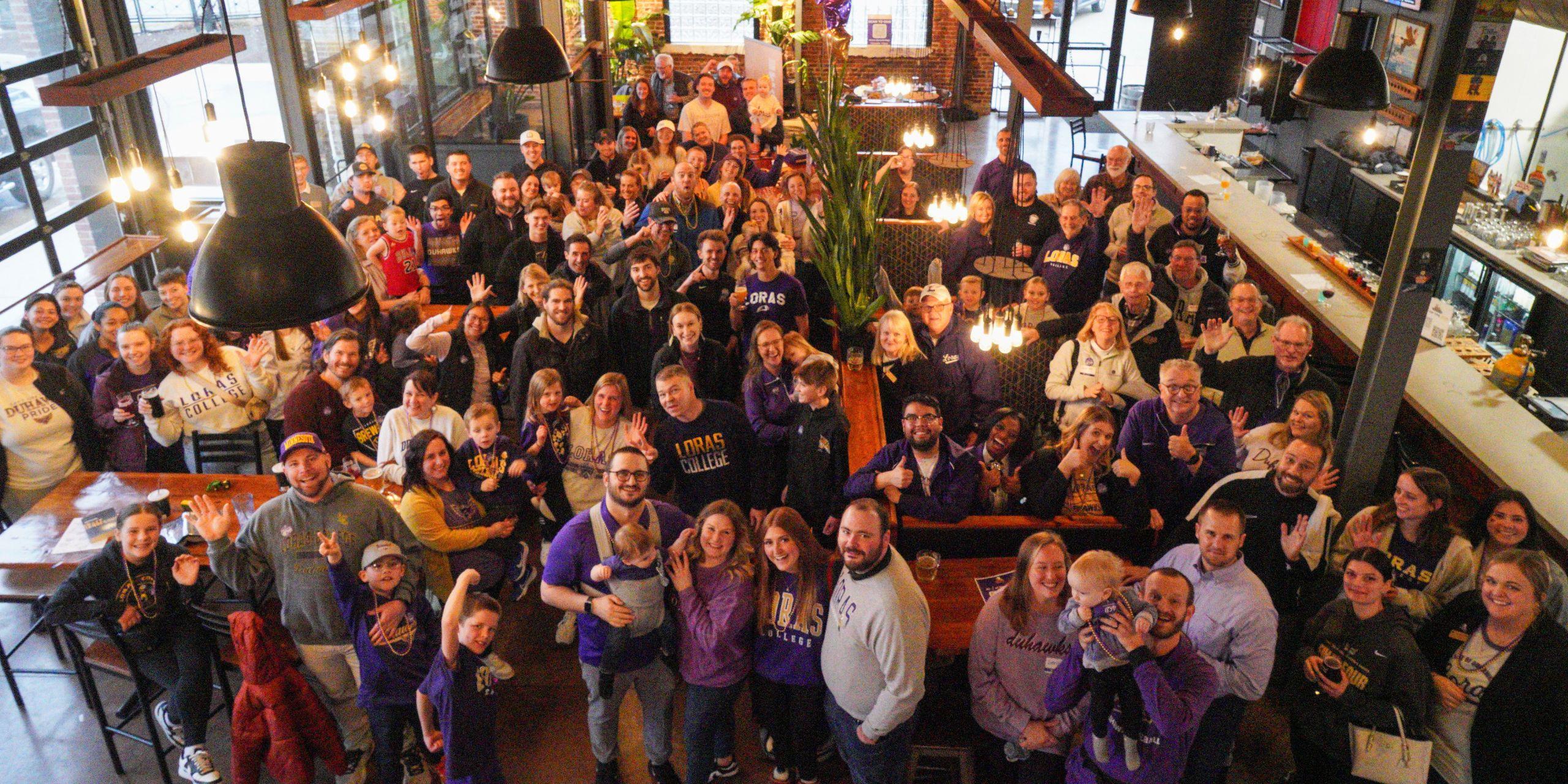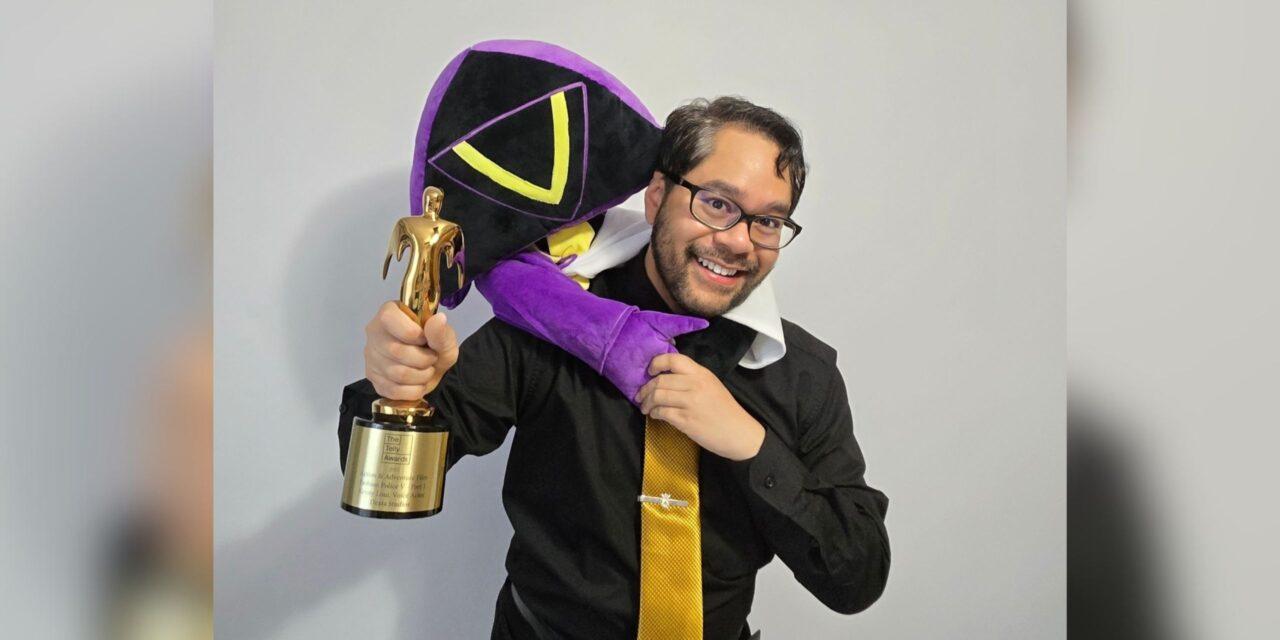I still remember the first time I watched an RFC Soccer training session - the energy was electric, yet there was this remarkable sense of structure underlying what appeared to be pure youthful enthusiasm. Having spent over fifteen years in youth sports development, I've seen countless programs come and go, but RFC's approach genuinely struck me as different. Their methodology isn't just about creating better soccer players; it's about developing more complete young individuals through what they call "proven training methods" - and I've become something of a believer after witnessing the results firsthand.
The transformation begins with what RFC calls "holistic athlete development," which sounds like industry jargon until you see it in action. Unlike traditional soccer academies that focus predominantly on technical skills, RFC integrates cognitive development, emotional intelligence, and physical conditioning into every session. I observed twelve-year-olds not just practicing drills, but engaging in decision-making exercises that would challenge players twice their age. The coaches - and this is crucial - aren't just former players recycling old methods; they're educated professionals who understand child development psychology. One coach explained to me, "We're not building soccer robots; we're helping children become better versions of themselves through soccer." This philosophy resonates deeply with me because I've always believed sports should serve the child, not the other way around.
What truly sets RFC apart, in my professional opinion, is their data-driven approach to what they term "long-term athlete development." They track everything - from technical proficiency metrics to psychological readiness indicators - creating individualized development paths for each player. During my visit to their flagship facility, the director showed me their monitoring system that follows over 200 data points per athlete. While some might argue this is excessive for youth sports, the results speak for themselves: their athletes show 47% lower dropout rates compared to traditional academies and demonstrate significantly better technical development by age 14. These aren't just numbers on a spreadsheet; I've watched these kids play, and the difference in their decision-making and technical execution is palpable.
The financial commitment required to implement such comprehensive programs reminds me of the significant investment mentioned in our reference material about hosting major sporting events. Just as hosting the event carried a two-billion peso price tag that required substantial organizational commitment, RFC's approach demands considerable resources - advanced facilities, specialized coaching staff, and sophisticated monitoring technology. But here's what I've come to understand: this investment pays dividends beyond producing skilled soccer players. The same way that meaningful recognition - like that endearing pat on the back from FIVB president Fabio Azevedo - can inspire leaders to undertake massive projects repeatedly, the positive reinforcement and structured development at RFC create lasting impact on young athletes. I've personally interviewed parents who've seen remarkable transformations in their children's confidence and discipline that extend far beyond the soccer pitch.
One aspect I particularly admire is how RFC balances competition with development. Unlike many youth programs that prioritize winning above all else, RFC's coaches understand that short-term victories mean little if they come at the cost of long-term growth. I recall watching a tournament where an RFC team deliberately rotated players in unfamiliar positions - they lost the match, but the coach explained to me afterward that the learning experience was worth more than any trophy. This perspective is refreshing in today's hyper-competitive youth sports environment, and it's something more programs should emulate. The focus remains firmly on what serves the athletes' development best, even when it means sacrificing immediate results.
The social development component deserves special mention because it's where RFC's methods truly shine. Through structured group activities and team-building exercises, players develop communication skills and emotional intelligence that will serve them throughout their lives. I've observed shy children transform into confident leaders, and overly aggressive players learn to channel their intensity productively. The program creates what I like to call "positive peer pressure" - where athletes push each other to improve while maintaining strong mutual support. This social development, combined with technical training, creates well-rounded individuals who excel both on and off the field.
Looking at the bigger picture, RFC's success with their proven training methods offers valuable lessons for youth development beyond soccer. The principles of individualized development paths, balanced competition, and holistic growth could revolutionize how we approach youth sports across disciplines. While the specific two-billion peso scale of major international events isn't directly comparable, the underlying philosophy of investing in proper infrastructure and qualified personnel remains equally valid. Having studied numerous youth development models across different sports, I'm convinced that RFC's approach represents the future of athletic development - one that prioritizes the human being over the athlete, understanding that the former inevitably enhances the latter.
As I reflect on my experiences with RFC Soccer, what stands out most isn't the impressive facilities or the sophisticated methodology, but the visible joy and growth in the young athletes. The program demonstrates that when we approach youth development with both scientific rigor and genuine care, we create environments where children can thrive in every sense. While no system is perfect, and RFC continues to evolve its methods, the results I've witnessed make me optimistic about the future of youth sports development. The transformation happening through their proven training methods isn't just creating better soccer players - it's developing more capable, confident, and well-rounded young people prepared for whatever challenges life may bring.




